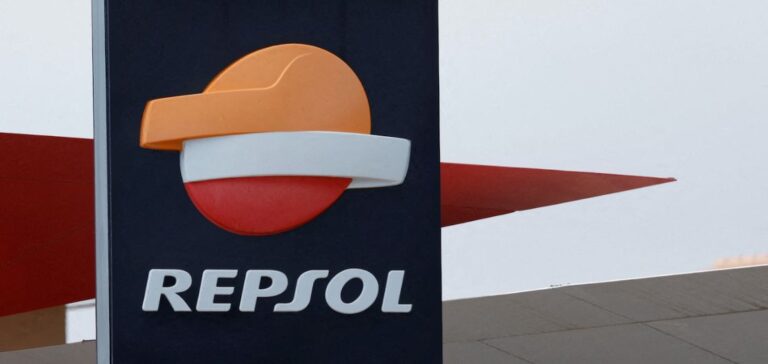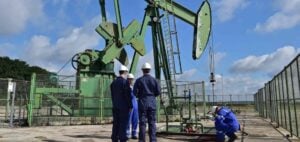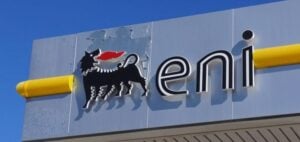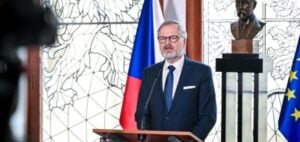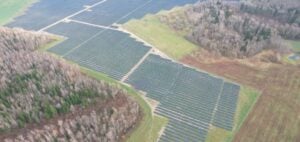The energy group Repsol recorded a sharp drop in profit in the first quarter, due to the decline in the price ofblack gold and the diversification of its activities, which has resulted in major investments.
The Spanish giant’s net income in this period reached 1.11 billion euros, down 20% from the figure for the first quarter of 2022 (1.39 billion), boosted by the surge in the price of black gold after the outbreak of war in Ukraine. “Hydrocarbon prices fell sharply between January and March, weighed down by the uncertain economic outlook in the United States and Europe in the face of difficulties in curbing global inflation,” the group said in a statement released Thursday.
The price of a barrel of crude oil has thus fallen by “20% on average” compared to the first three months of 2022, says the energy giant, which also says it has spent 550 million euros to maintain discounts at the pump for its customers. The oil group, which announced at the end of 2020 an investment plan of 18.3 billion euros by 2025 to “decarbonize” itself, has also increased its investments in recent months, particularly in the renewable energy sector. In total, 1.72 billion euros have been invested, mainly “in Spain and the United States”, the press release said.
The Spanish group, which wants to move towards a “multi-energy” model, announced at the beginning of September the sale of its exploration and production (upstream) branch to the American investment fund EIG for 4.8 billion dollars. It has promised to use the money recovered from this transaction to increase its investments in low-carbon renewable energy.
In 2023, Repsol plans to invest “more than five billion euros” in its ecological transition. Repsol saw its profit soar last year to 4.25 billion euros, or 70% more than in 2021, thanks to the surge in the price of black gold, which has enabled the oil majors to reap record profits, in the midst of a crisis of purchasing power.
In Spain, this situation has prompted the left-wing government to introduce an exceptional tax on the profits of the major energy groups, which should enable the state to recover two billion euros per year in 2023 and 2024.

